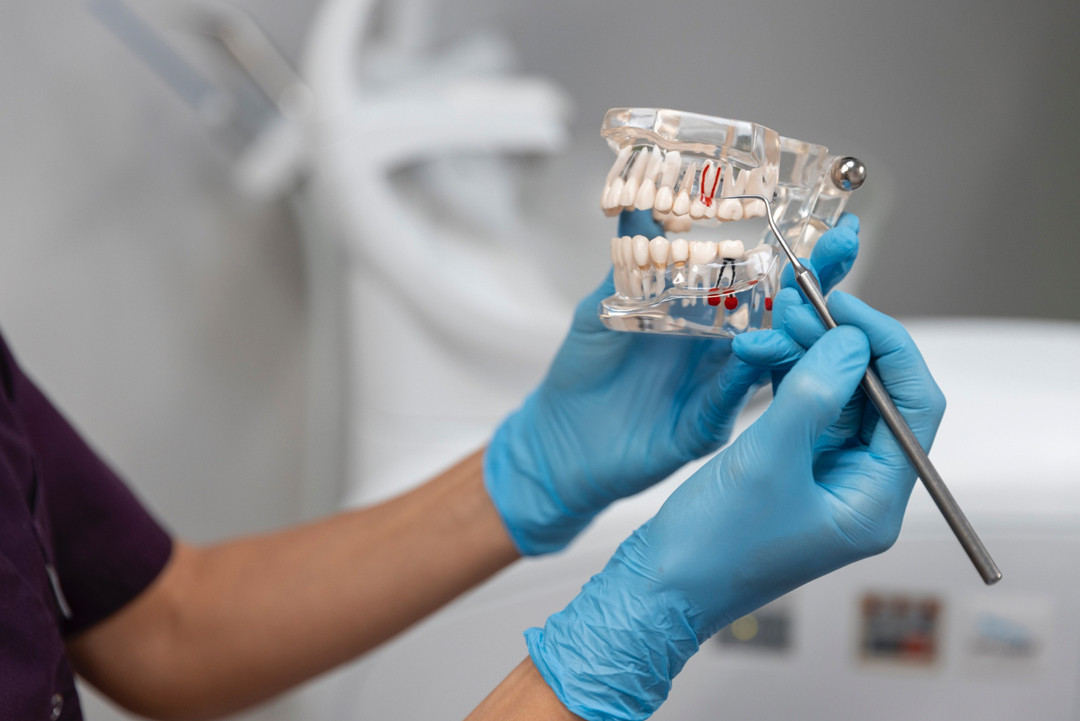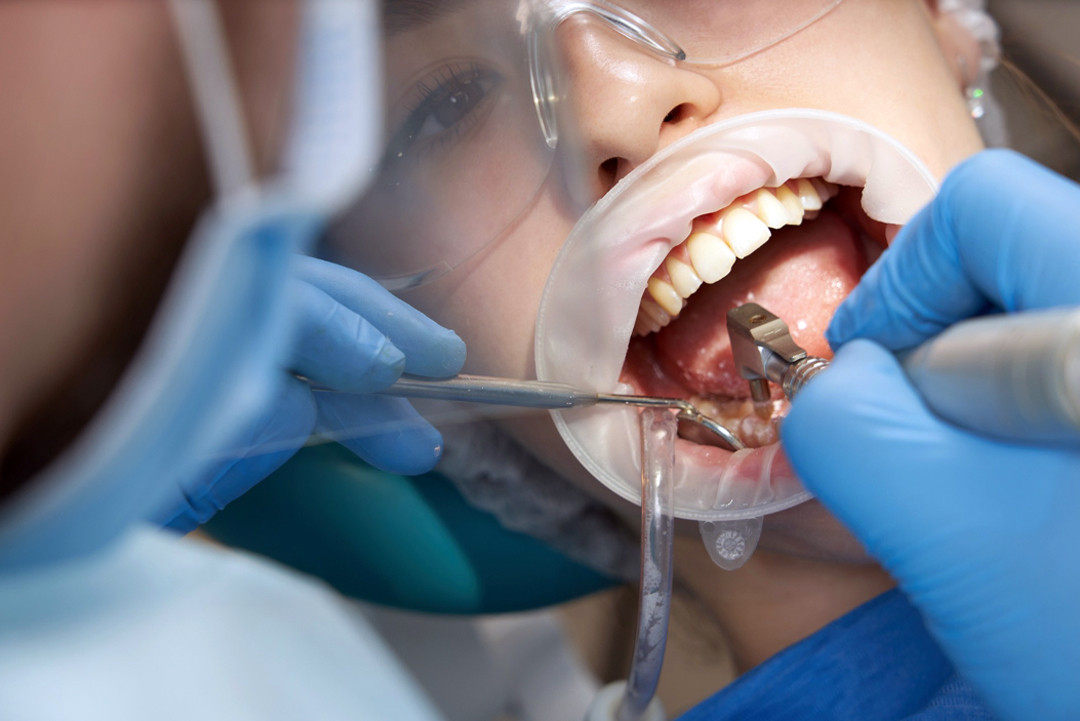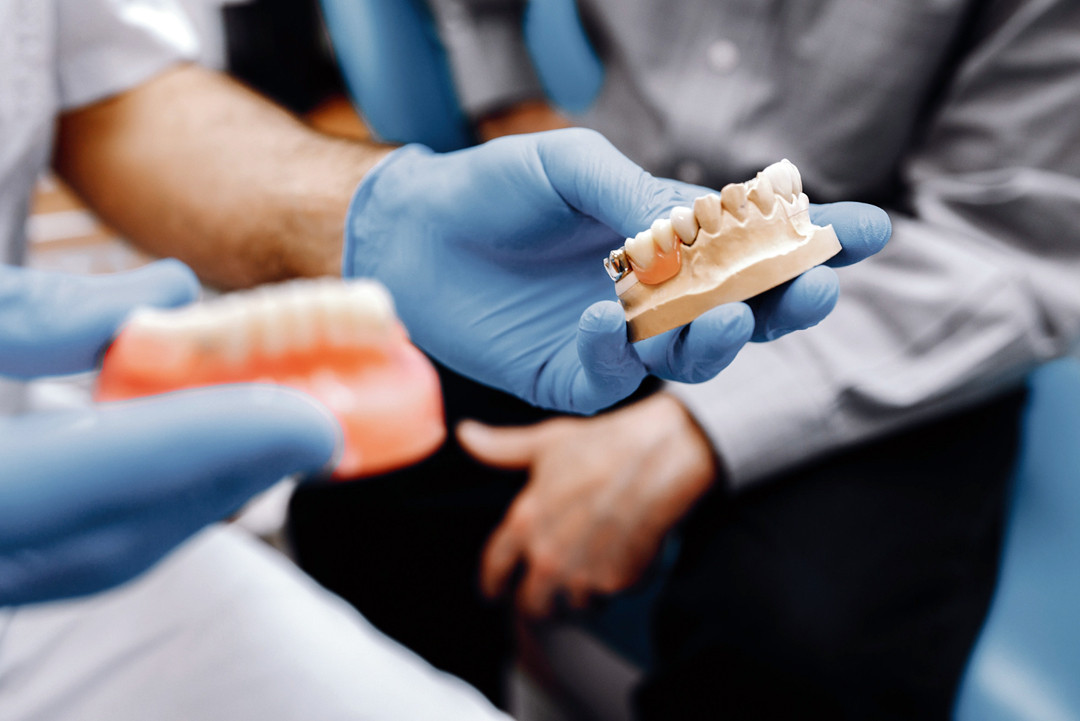Overview of Pediatric Cardiovascular Surgery
This specialized field focuses on the surgical management of congenital and acquired heart defects in children. Pediatric cardiovascular surgeons work collaboratively with pediatric cardiologists, anesthesiologists, and other healthcare professionals to deliver comprehensive care. The goal is to repair structural and functional heart issues to improve overall quality of life.
Diagnostic Methods
Common Tests Used
- Echocardiography (ECHO): Non-invasive imaging to assess heart structure and function.
- Electrocardiogram (ECG): Measures electrical activity to identify arrhythmias.
- Cardiac Catheterization: Invasive imaging for detailed structural analysis.
- MRI and CT Scans: Advanced imaging for complex anomalies.
- SPECT Imaging: Evaluates blood flow and heart function using nuclear medicine.
- Blood Tests: Identifies markers of heart damage, clotting issues, or genetic disorders.
Surgeries Performed in Pediatric Cardiovascular Surgery
- Valve Surgeries
- Balloon Valvuloplasty: Minimally invasive technique to relieve valve stenosis.
- Valve Repair: Restores the valve’s function using existing tissue.
- Valve Replacement: Involves replacing the damaged valve with mechanical, tissue, or human donor valves.
- Septal Myectomy: Open-heart surgery to remove thickened heart muscle, often used for hypertrophic cardiomyopathy (HCM).
- Fontan Procedure: A specialized surgery creating a pathway for blood to bypass the right side of the heart, often used for single-ventricle defects.
- Patent Ductus Arteriosus (PDA) Ligation: Closes the abnormal vessel connecting the aorta and pulmonary artery, typically via catheterization or small chest incisions.
- Coarctation of the Aorta Repair: Widening or bypassing the narrowed section of the aorta using patches, grafts, or stents.
- Tetralogy of Fallot Repair: Corrects multiple defects, including ventricular septal defect and pulmonary stenosis, through open-heart surgery.
- Pediatric Heart Transplantation: Reserved for severe, irreversible heart failure when other treatments are ineffective.
Innovative Procedures
- Fetal Cardiac Interventions
- Fetal Echocardiography: Diagnoses heart conditions in utero.
- Fetal Catheterization: Treats severe fetal heart defects using minimally invasive techniques.
- Interventional Angiography: Minimally invasive procedures like ASD or VSD closures and valve implantations performed through catheters.
When to Seek Pediatric Cardiovascular Surgery
You may need to consult a pediatric cardiovascular surgeon if your child experiences:
- Persistent cyanosis (blue discoloration of the skin).
- Fatigue or difficulty breathing.
- Abnormal heart murmurs.
- Diagnosed structural heart defects or arrhythmias.
Post-Surgery Care and Follow-Up
Immediate Recovery
- Hospital stay ranges from a few days to weeks, depending on the procedure.
- Close monitoring for complications such as infection or irregular heart rhythms.
Long-Term Follow-Up
- Regular check-ups with pediatric cardiologists to monitor heart function.
- Lifestyle modifications, including restricted physical activities, if necessary.
Rehabilitation
- Physical therapy to improve strength and stamina.
- Emotional support and counseling for both child and family.
Pediatric cardiovascular surgery offers life-saving solutions and significantly enhances the quality of life for children with heart conditions. Consult with experts to understand the best options for your child’s health and future.


















